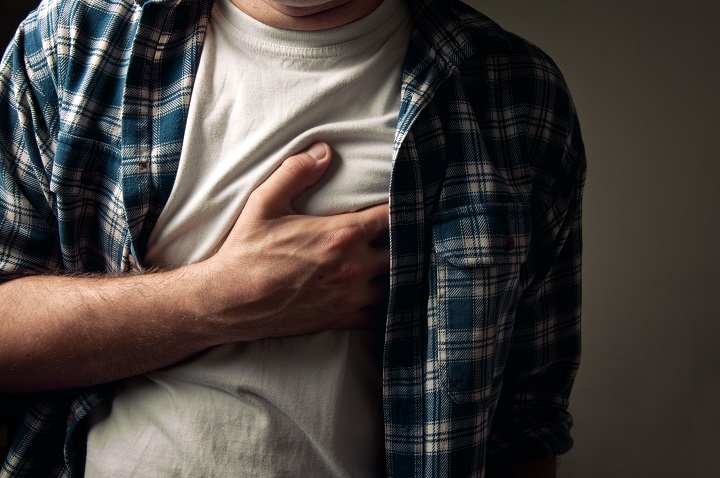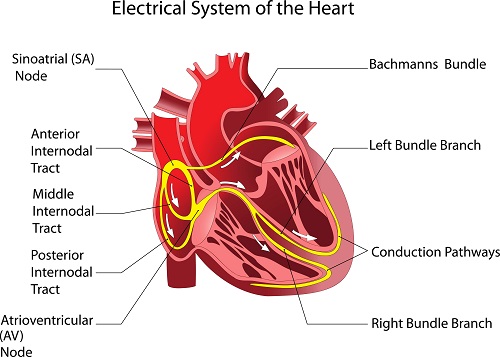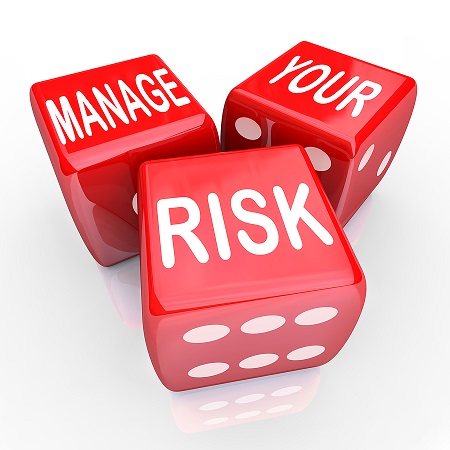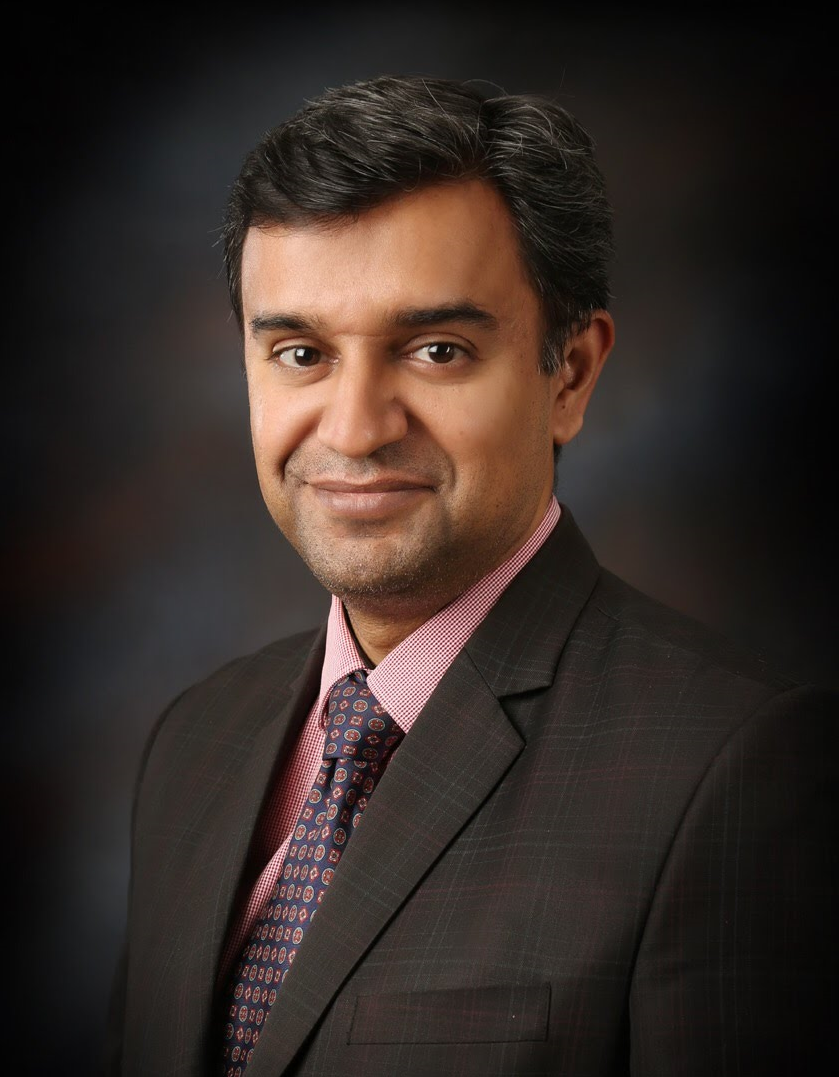
Understanding Sudden Death In Young Athletes
The death of our beloved movie superstar Puneeth Rajkumar stunned his fans. A person who was so physically fit suddenly passing away was a shock to all, and just as confusing.
How does someone who is so physically fit die so suddenly?
Surprisingly, this sudden death in young individuals is not something new. Athletes dropping dead during a game is well heard of. The world of football has seen many.
I thought I would touch upon, in brief, why young and fit individuals die suddenly, and what steps you could take to screen yourself and pick any warning signs up early.
Definitions
Young athletes could be any age, though for the purposes of this discussion, we will have 2 categories – those below 35 years, and those above.
Similarly, there are those who are competitive athletes i.e. those who participate in competitions with a goal to win, and those who are recreational athletes who exercise for fitness and fun.
Heart Attack Vs Cardiac Arrest
A heart attack is a condition where the heart artery is blocked by a blood clot. This deprives the heart of blood, leading to damage to the heart muscle. The heart is still beating and the patient is still alive.
A cardiac arrest is a condition where the heart stops beating. Basically, the patient is dead.
A heart attack can lead to a cardiac arrest.
How Common Is Sudden Death In Young Athletes?
In young athletes, statistics suggest that sudden death occurs in around 1 in 1 lakh individuals a year. In older athletes, this is around 1 in 7000.
However, these are not hard facts but rather estimates.
Causes Of Sudden Death
I have listed below some of the common causes of sudden death in athletes.
1. Alteration In The Heart Structure
Sometimes, the heart is not built the way it should be. There may be problems with how the muscle is built, or there may be a problem with how the electrical wiring is within the heart muscle tissue.
These changes in structure can lead to the heart beating in an extremely fast and erratic manner.
For example, some athletes may develop a ventricular tachyarrhythmia, or an irregular, fast beating of the bottom chamber of the heart. Ventricular fibrillation is one such life-threatening rhythm problem where the heart beats in a disorganized manner at a rate that exceeds 400 beats a minute. Ventricular tachycardia is a related condition with similar risks and outcome.
Below is the link to a video of Hank Gathers, a semiprofessional basketball player who collapsed during a game despite being in top form and just having scored a basket.
If you are a sensitive person, then I would advise you not to watch the video. It is freely available on YouTube here.
Besides beating very fast, the heart may beat at an exceedingly slow rate, or even flatline. This is called bradyarrhythmia.
Other reasons include holes in the heart that were not detected at birth.
A sudden tear of the largest blood vessel in the body, called aortic dissection, can also lead to sudden death.
2. Coronary Disease – Heart Artery Blockages
This is seen in athletes above the age of 35 years.
As we age, there may be soft plaques of fat that have been deposited in the heart arteries over years. These begin forming at a very young age, and increase in size at a varying pace over time.
During aggressive exercise, these plaques can break off if they are unstable. They then travel down the blood vessel and block it completely, leading to a heart attack.
In the medical world, we call this plaque rupture. It is a cause for sudden death in people who have pre-existing narrowing in their heart arteries.
There are many factors that contribute to the formation of these plaques. Smoking, high blood pressure, diabetes, a strong family history of heart disease and high cholesterol are the common risk factors.
Coronary disease can be detected to some extent with tests such as a treadmill test. But not all narrowing in arteries can be detected this way.
I have written a detailed article on treadmill testing and what to do if it is a positive test elsewhere.
I have discussed this aspect a little later in the ‘screening’ section below.
3. Electrical Problems
The heart pumps because of electricity that flows through it. However, sometimes the electrical flow is faulty. Think of it as faulty wiring.

When the wiring if faulty, any strenuous activity can lead to erratic heart beating as the wires cannot handle the extra load. This may lead to sudden death.
Problems with electrical flow can be detected by a simple ECG.
4. Change In The Heart Muscle Thickness
The human heart is built in a very specific way. Each of the walls of the heart, the valves and other internal structures are of a particular thickness and serve a specific function.
However, if the thickness of the heart changes, then the heart may not function normally under stress. This can be a cause for sudden death.
One such condition is called Hypertrophic cardiomyopathy (HCM), a condition where the heart muscle is abnormally thicker than normal.
HCM is a very common cause of sudden death in athletes. It is often undiagnosed.
Similarly, if there is a hole in the heart (a birth defect), then the heart may not be able to handle the stress of exercise.
If there is a defect in the way a heart valve opens and closes, it can stress the heart even during minimal exercise.
A rare cause of sudden cardiac death is Arrhythmogenic right ventricular cardiomyopathy. This is a condition where the right side of the heart is replaced with fat tissue that poorly conducts electricity. It is often missed during clinical evaluation, though can be picked up on an ECG and a cardiac MRI scan.
5. Heart Muscle Inflammation – Myocarditis
Myocarditis means ‘inflammation of the heart muscle’, and is a potentially fatal condition. Those with suspected myocarditis are advised not to exercise for at least 3 to 6 months after the diagnosis is made.
Viral infections, including COVID, have been linked to myocarditis. I have always advised individuals with fever or an active infection to avoid exercising during the infection and even for a couple of weeks after recovering to prevent myocarditis.
There are a handful of case reports of COVID vaccine causing myocarditis as well.
When the heart muscle is inflamed, it ceases to function normally, becoming weak and enlarged. Electrical abnormalities ensue, leading to irregular heart rhythms and sudden cardiac death.
If you are ill, do not exercise. Rest is the best treatment.
You can read about diagnosis of myocarditis in more detail here.
6. Rarer Causes
There are condition such as congenital long QT syndrome, Brugada syndrome and early repolarisation syndrome that can cause sudden cardiac death. I am not discussing them here as they will definitely confuse you.
Screening
If you wish to know your risk, visit your cardiologist. That’s the first step.

A thorough history taking and physical examination itself will help risk stratify you. Your background history of high blood pressure, diabetes, family history of heart disease (or sudden death in a family member below the age of 50 years) and high cholesterol will help determine your risk.
A detailed examination to see if there are any heart murmurs or signs of your heart being weak will be conducted.
The role of investigations as a screening tool has been debated. Some suggest that tests may be futile and rarely pick up problems with the heart.
However, I personally feel differently.
A basic ECG, echocardiogram and a treadmill test, along with a blood profile to evaluate your hemoglobin, lipids and blood sugars can add some value in determining your risk.
A few years ago, I took an automated blood pressure machine to a local gym I used to visit, just to check the blood pressure of every person walking in through the doors. Over a 2 hour period, I recorded the BP of around 26 people.
Of the 26 people, I detected 2 people having a very high blood pressure. One individual aged 33 years had a BP of 220/120, and was completely oblivious to it. He was a fairly fit guy, would work out for an hour 4 times a week, and was not overweight. He even lifted weights.
I made him rest for 30 minutes and manually checked his BP again. It was the same.
I reviewed him in clinic 2 days later. It was almost the same. Conducted a home blood pressure recording test, and he averaged 190/100 on a rest day.
Not always will you know when you have a cardiac problem. Many times it is silent.
Besides the above tests, I have sometimes advised a CT coronary angiogram for patients who participate in running and intensive sporting activities.
Do The Tests Rule Out Sudden Death?
Unfortunately, no. Not all tests can predict whether you will have trouble when exercising.
It will, to some extent, determine if you are low, intermediate or high risk of sudden death.
Repeat screening once every 2 years may hold value. Those with any detected abnormalities may require annual screening.
Your doctor will guide you.
Warning Signs
If you notice any chest pain, breathing difficulty or thumping in the chest now and again when at rest or when exercising, see your doctor and get evaluated.
Never ignore what your body tells you. And for God’s sake, don’t Google all the time. Visit an expert.
Closing Remarks
Sudden cardiac death in young athletes is rare. But when it happens, it hits us hard. Taking the right steps early may help prevent this problem.
RELATED READING – STARTING AN EXERCISE PROGRAM

Dr Vivek Baliga is a medical practitioner and the director of a diagnostic center – Baliga Diagnostics – in Bangalore. He specializes in diabetes and heart disease, and is a visiting consultant in Internal Medicine at corporate hospitals. He is married and has one son.

Lot of information. Thank you. Doctor.
Very informative and useful article! Thank you doctor.
Very informative and valuable article. Thank you Doctor.